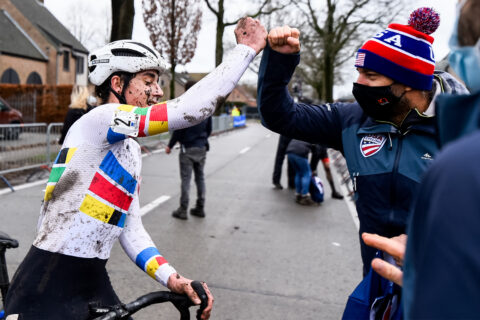
1 // Building a Foundation for Success in Coaching
Coach Joe Friel details what it takes to be a good, happy, and successful coach, then shares how coaches can build the eight most important skills an effective coach must have.
Coaching is hard! A good coach must manage challenging athletes, build a business, grow his or her knowledge, stay on top of new software—in many ways, being a cycling, triathlon, or running coach today is harder than ever before. At the same time, it’s easy to find advice online—though it’s hard to know how good that information is.
At Fast Talk Labs, you can be certain you’re getting beneficial advice from our in-house coaches, who have over 40 years of experience in personal coaching, group coaching, and online coaching.
Are you a coach? We offer coaching support services to help you develop your practice and get answers to technical questions. Apply to join our Coaching Support program.

Coach Joe Friel details what it takes to be a good, happy, and successful coach, then shares how coaches can build the eight most important skills an effective coach must have.
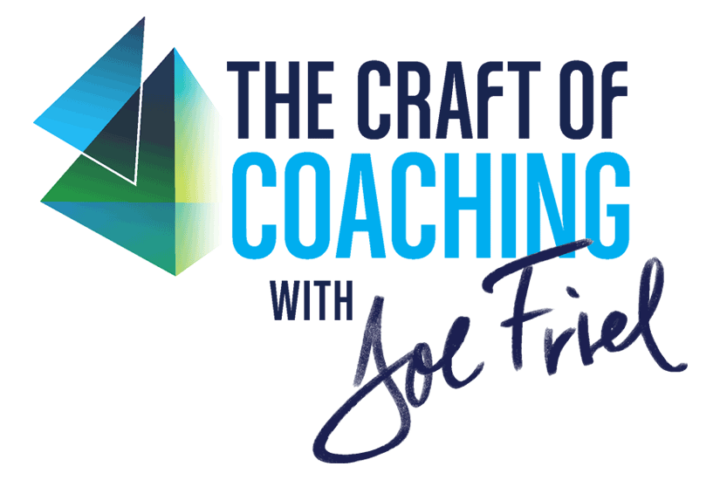
The Craft of Coaching is Joe Friel’s ultimate guide to becoming a better, more successful, and happier coach.
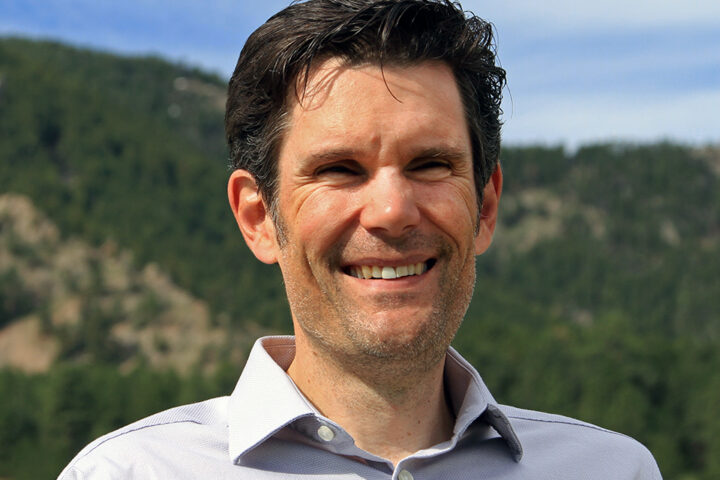
Learn about Coach Trevor Connor’s coaching style, philosophy, and methodology.
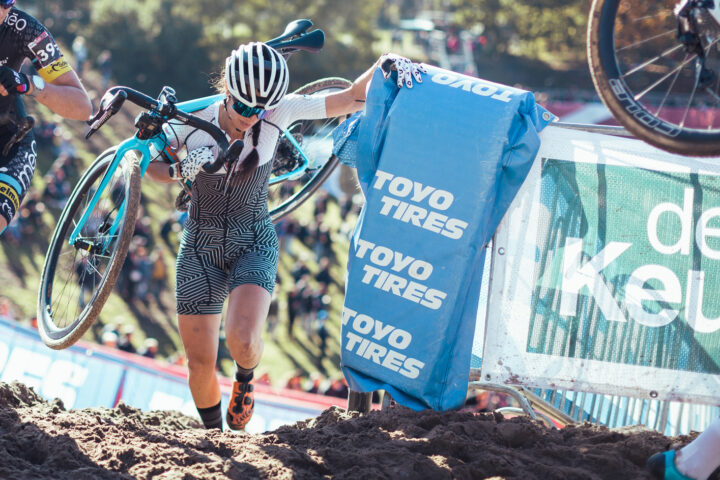
Learn about Coach Rebecca Gross’s coaching style, philosophy, and methodology.
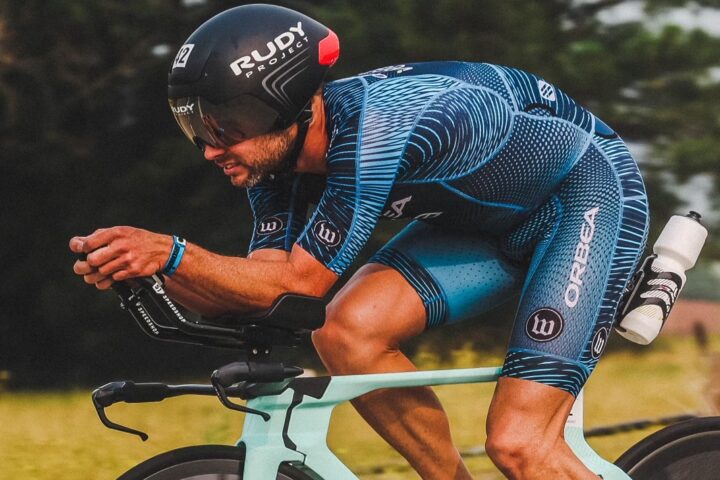
Learn about Coach Joe Gambles’ coaching style, philosophy, and methodology.
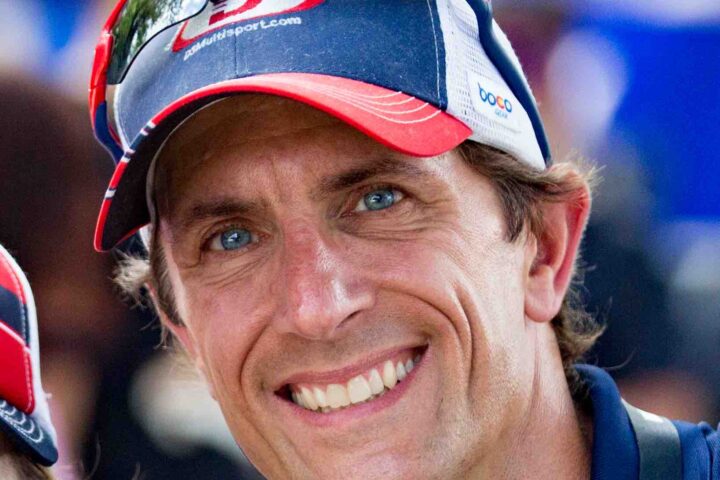
Learn about Coach Mike Ricci’s coaching style, philosophy, and methodology.
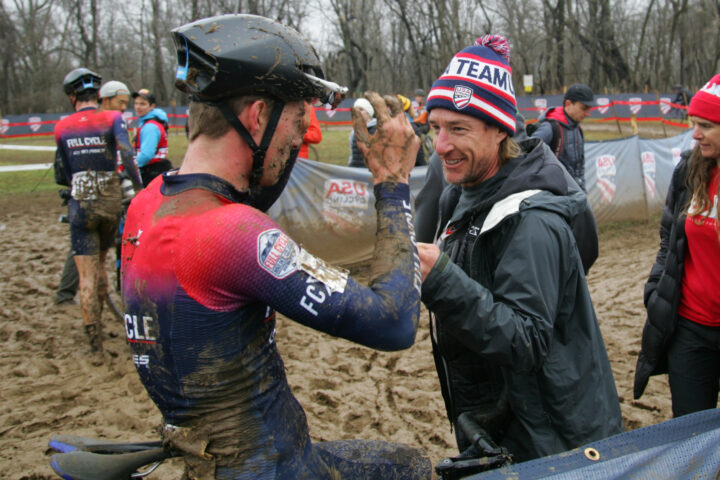
Learn more about Coach Grant Holicky’s coaching style, philosophy, and methodology.
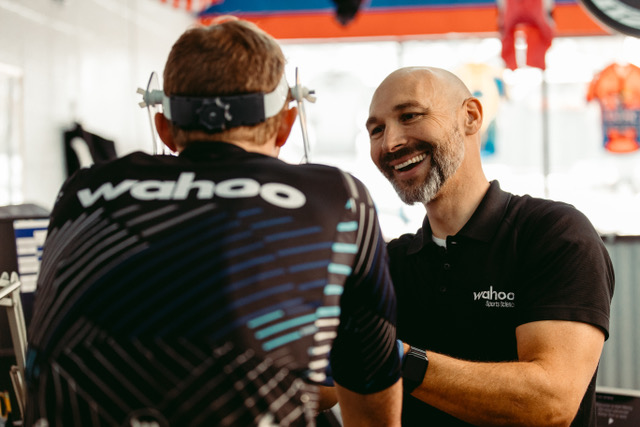
Learn about Coach Neal Henderson’s coaching style, philosophy, and methodology.

Coach and pro cyclist Rab Wardell helps us answer questions on adding bouts of intensity into your LSD rides, how to find a coach at your level, and how much a coach should serve as teacher.
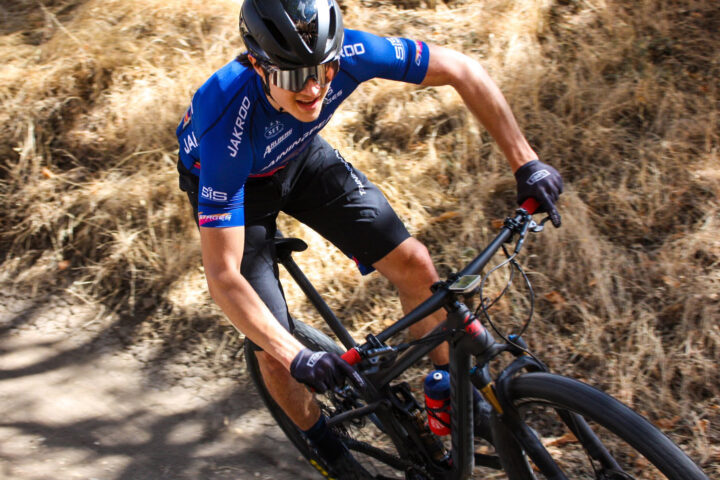
With the help of the director of the Olympic Development Academy, we explore how to best develop young athletes, particularly in cycling.
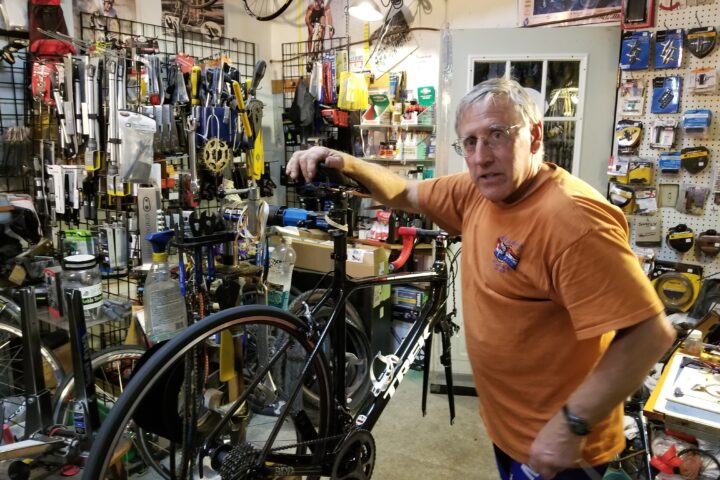
Mentors help athletes by providing guidance, teaching a philosophy, and serving as a confidante. Do you need a mentor to reach your full potential?

Can cycling twice in one day produce the same benefits as one long ride? Do “two-a-days” yield adaptations you can’t get any other way? We explore.
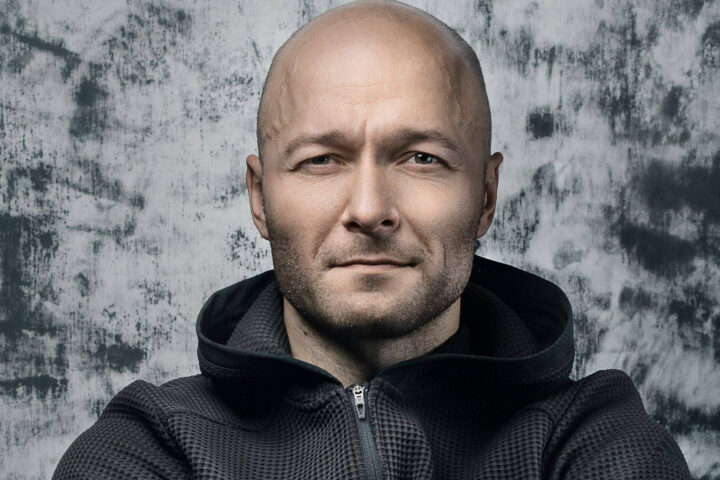
Janis Musins helps us answer questions on time trial pacing, TT position, INSCYD testing, and the coach-athlete relationship.
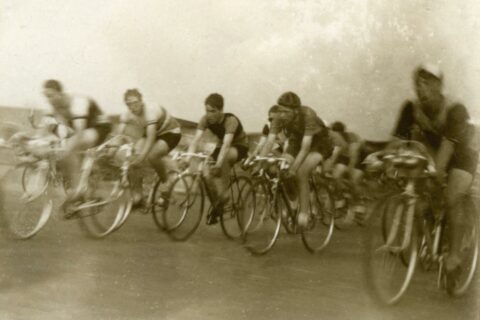
It’s not always just about graphs and numbers.
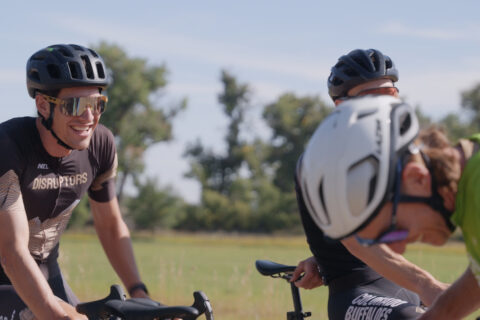
Every athlete of any ability level can benefit from the guidance of a good coach. We explore the coach-athlete relationship, and offer advice on how to reap the greatest rewards from working with a coach.
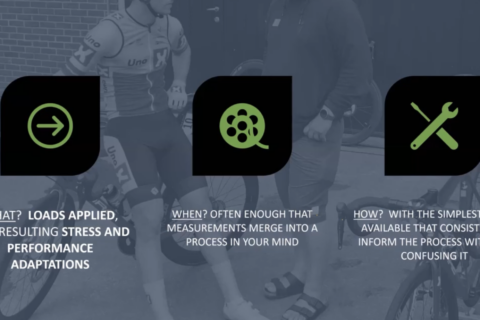
Dr. Seiler shares his method for monitoring an athlete’s training volume and intensity.
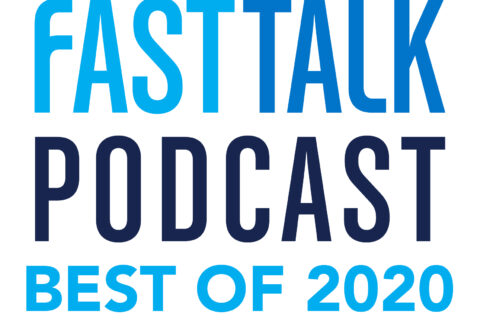
We bring you our favorite conversations with exceptional guests from the worlds of physiology, medicine, nutrition, sports psychology, and, of course, cycling.
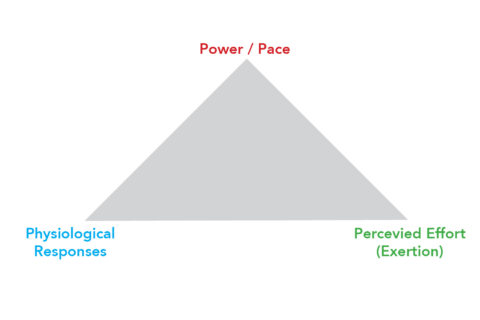
Dr. Stephen Seiler shares the “holy trinity” of training feedback in this live presentation at a rowing conference.